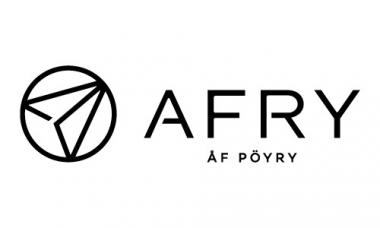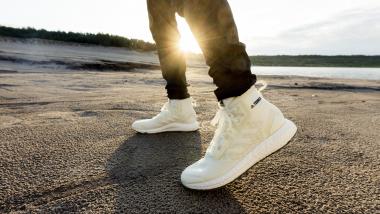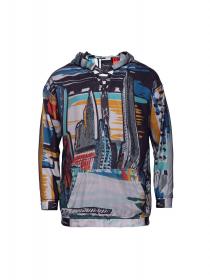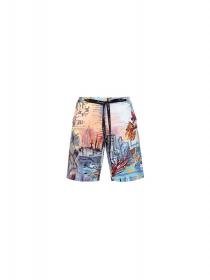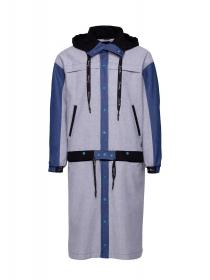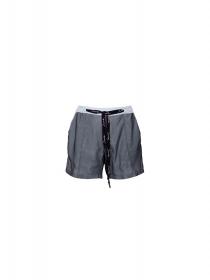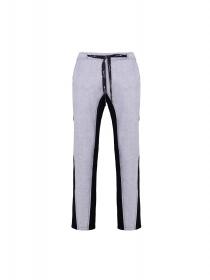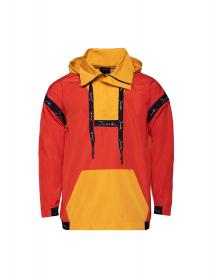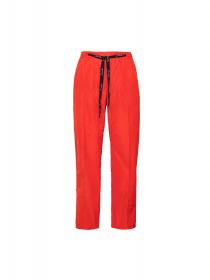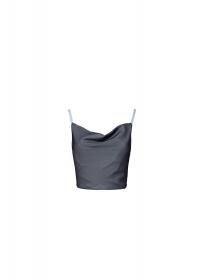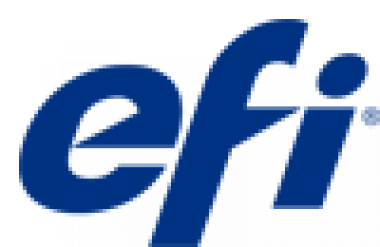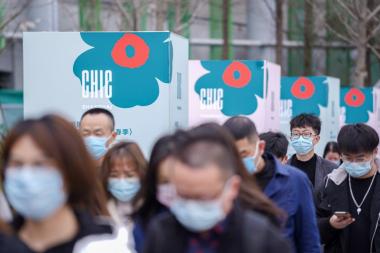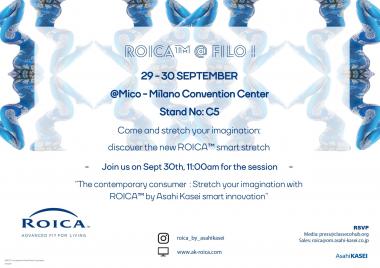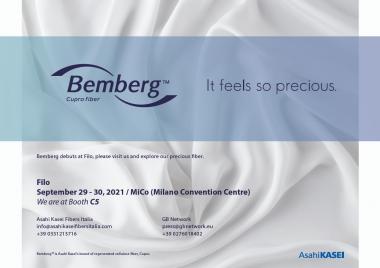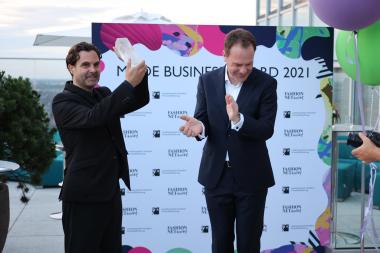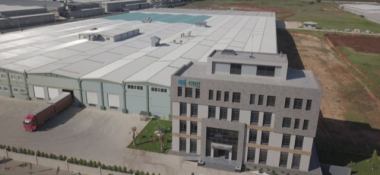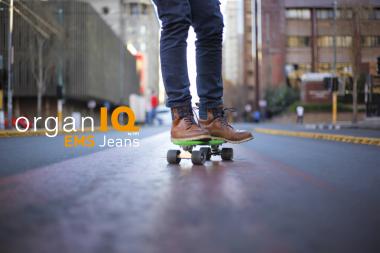AFRY to digitalize Renewcell’s textile recycling processes
The Swedish textile recycling company, Renewcell, has chosen AFRY as partner in order to digitalize production operations in their plants in Kristinehamn and Sundsvall, Sweden. AFRY will deliver an Industrial IT solution, containing AFRY MES and AFRY ProTAK, to manage production information and secure both high quality, as well as high overall efficiency in the production. The delivered solution will serve as a hub for all production process information.
Renewcell is a multi-award-winning textile recycling company based in Sweden. With the technology they have developed, the company has succeeded in recycling and regenerating textile fiber from old clothes to turn it back into fiber pulp. Renewcell has had a production site in Kristinehamn since 2017 and is now scaling up the production in their new production plant in Sundsvall. The new plant is expected to be operating during the first half of 2022. “Modern production and logistics require a high level of digitalization to meet the demands for, e.g., traceability, and therefore the systems and experience from AFRY will be very important to us,” says Ylva Stjernquist, Supply Chain Manager and Project Leader at Renewcell.
AFRY has a long experience in Industrial IT and will now deliver the two leading, closely integrated digital solutions for production management to Renewcell. The AFRY MES (Manufacturing Execution System) is a highly advanced digital information system that connects, monitors, and controls the complex production systems and data flows of the production processes. AFRY ProTAK is a digital tool that measures the effectiveness of a plant’s production machine performance. The system gathers information from different sources (e.g., DCS, MES, Maintenance) and combines that with the operators’ notes to calculate or present Overall Equipment Efficiency (OEE), which will lead to optimized production and increased profitability.
Together these tools will improve traceability and secure a high production efficiency by integrating data from all production systems and equipment. “We are focusing on improving sustainability within process industries, and it is therefore an honor to be part of Renewcell’s textile recycling through a full-scale digitalized solution. Our modern and competitive digital solution will definitely bring added value to these types of processes,” says David Andersson, Business Segment Manager Digitalization, AFRY Process Industries Sweden.
AFRY MES and AFRY ProTAK will be installed to both Kristinehamn and Sundsvall plants. The installation is planned to be up and running during Q2 2022.
Process Industries Sweden


